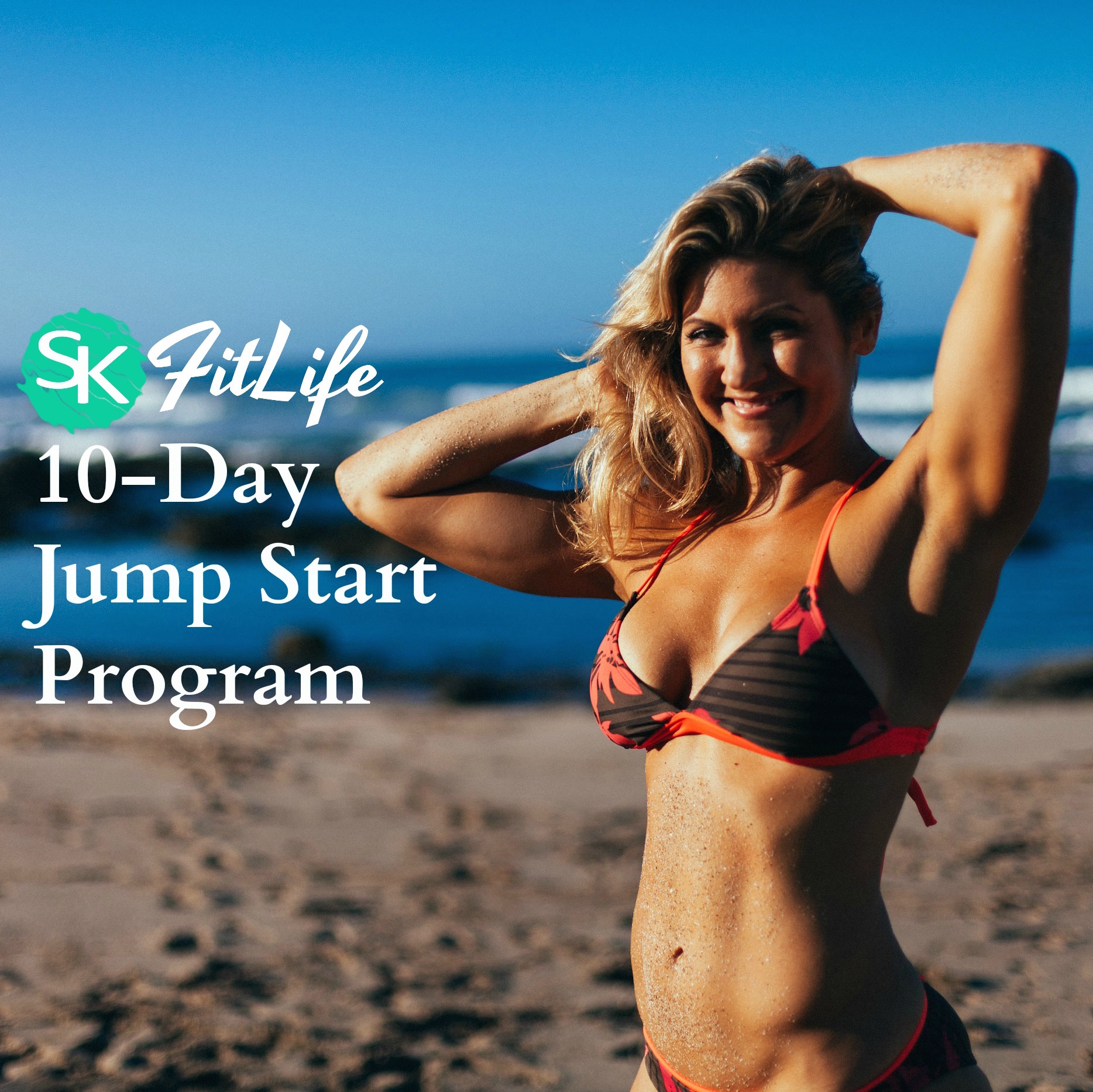Natural massage has been proven effective in enhancing the overall health and well being of an individual. Athletes find it specifically beneficial to get a massage before and after training. The uses and benefits of a massage are far more complex and diverse than just for relaxation purposes. Here is a brief look into some of its other uses for athletes:
1. Enhances flexibility
In order to be able to consistently perform at an optimal level, athletes must remain flexible regardless of what sport they play. Massage therapy can help their bodies remain supple and flexible.
Intense training sessions can increase the tension in the body. They can also disturb the production of collagen. The body produces collagen to form scar tissues. By getting a massage, flexibility is increased while the effects of physical damage are reduced.
Different sports require athletes to work out a distinct set of muscle groups. Athletes will feel more tense around the muscles they use more. Courses in deep tissue massage can teach therapists how to properly flex the athlete’s tense muscle fibers and how much pressure to apply. By locating the person’s trigger points, a massage therapist can effectively break down any adhesion’s that may have developed during the course of the training.
2. Improves blood circulation
Heavy training can cause damage to the muscles. A massage can help repair this damage by enhancing the flow of blood to the affected area. Improved blood circulation also enhances the supply of food and oxygen while removing the waste toxins from the body. As a result, athletes recover quicker and are able to get back to their training faster.
3. Reduced inflammation
Not only is a massage good for making people feel relaxed, it is good for the body as well. According to studies, a massage can effectively reduce inflammation in the muscles. Plus it also encourages the production of mitochondria. These specific cells provide the body with more energy, allowing the athlete to train harder for longer periods of time without feeling exhausted.
4. Psychological effects
Massages are also good for the mind as well. Athletes need to focus on what they are doing in order to perform well during training or the competition. A massage can make the body feel more relaxed, less stressed, anxious and tense.
While undergoing a massage, the body produces more dopamine and serotonin, neurotransmitters involved in making the person feel good and more relaxed. A massage can also reduce the levels of cortisol in the body, a hormone produced when the body undergoes stress. As a result, the athlete can devote more of his attention to his training or activity.
Types of massages
In comparison to the average person, athletes need massages of a different kind. Their massages are not the soft and gentle types that come with sweet-smelling oils or essences. Athletic massages target deep tissue. The downside is that these types of massages are not always comfortable.
1. Sports massage
This type of massage involves a lot of fast-paced movement which helps stretch the muscles. Some athletes may include it as part of their pre-workout routine to warm up before performing any strenuous activity. Other may use it post-workout to aid their body in the recovery and reduce soreness due to the training while retaining flexibility levels.
2. Deep tissue massage
Therapists often recommend this form of massage because it addresses any specific issues in the athlete’s body to then apply deep pressure on that particular area. It is designed to remove any tension or knots that have developed during the course of the training. However, because it involves applying a specific amount of pressure, athletes may leave the massage room feeling sore.
Athletes who intend to include massages as part of their training program need to consult an experienced therapist. A few random massages will not work for athletes. Only by getting a specialized type of massage on a regular basis will athletes reap the benefits.
AUTHOR BIO
Marc Innes is the Owner and Principal of the School of Natural Therapies, a training school for Massage & Holistic Therapies located in London. Marc, began his career in the NHS, working in a number of managerial and training roles within the Ambulance Service in London. Marc spent much of that time educating and coaching medical staff. Over time he developed an interest in all things complementary to Allopathic Medicine, in particular, Reiki Healing, which along with EFT, which culminated in Marc running a successful teaching and ‘energy healing’ practice. Marc is passionate about the massage and complementary therapy industry

